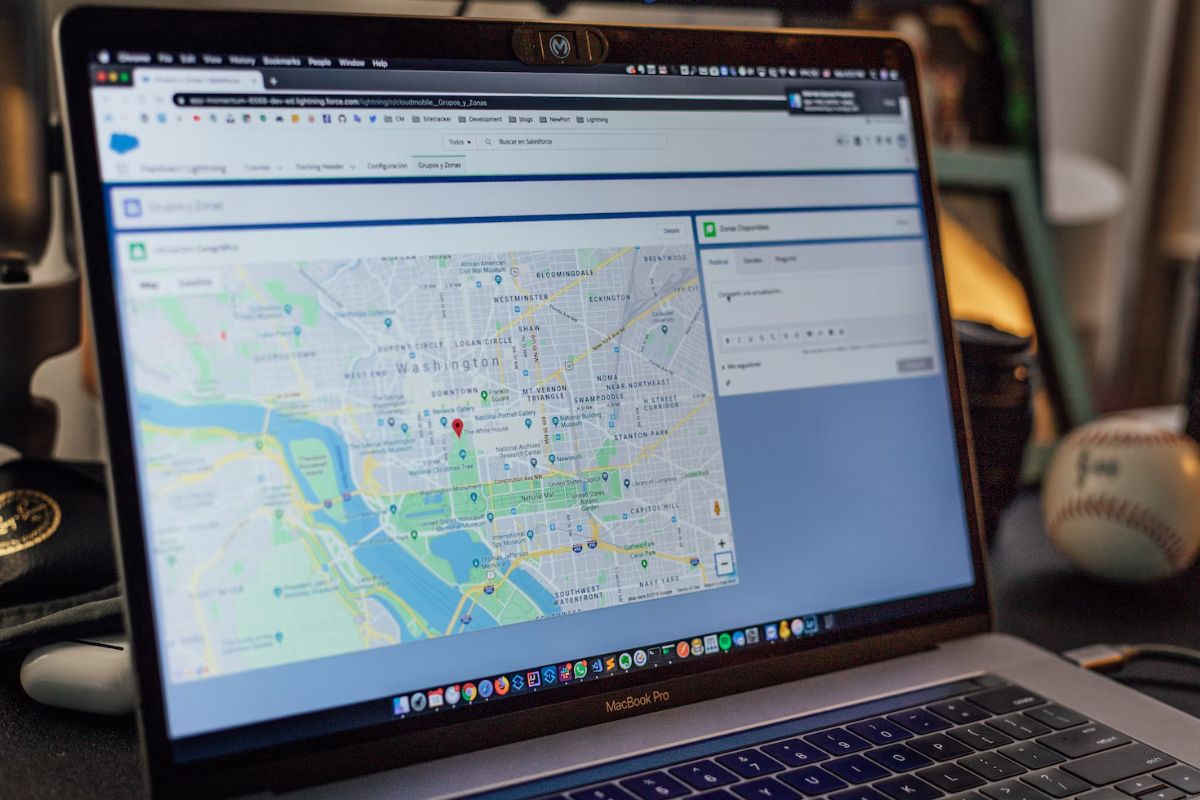Real estate is one of the best investments you can make. By investing in residential property in the US, you can expect an average return on investment (ROI) of over 10%. It also holds true for other types of Rental properties like commercial real estate, with its ROI being 9.5%. Investing in rental real estate is an excellent strategy to accumulate capital over time.
While it can be a bit more complicated than investing in stocks, companies like Metropolitan Properties offer many real estate options that make it worthwhile. In this article, you will learn about the top 7 tips that you need to follow to get the most profit from rental property investment.
Choose A Strategic Location


Location is often the single most defining characteristic that influences the renter’s choice of a home. The right location should not only meet tenants’ current needs (like closeness to work) but also align with their long-term goals, like the possibility of starting a family there.
That is why proximity to amenities like supermarkets, parks, and schools can significantly boost your property’s rental value. A lot depends on the existing real estate within the location. If an area has an oversupply of rental properties, it could be a sign you will experience higher vacancy rates and less ROI.
You should also look for signs of potential like population growth and upcoming infrastructure development plans. Those show there may be opportunities for growth or change in your new neighborhood, like an influx of new businesses.
Diversify Your Portfolio
Diversification is one of the most important risk management tools in an investor’s toolbox. You should diversify your investment portfolio by property asset type to avoid the risk of over-concentration in one particular category of real estate.
Besides rental income increases during inflation periods, rental property has many opportunities for diversification like residential, commercial, and vacation rentals. It means real estate investors can maintain their purchasing power even if one of the markets crashes.
Research Tenant Demographics
Demographic data about your tenants can give you a starting point for an in-depth analysis of rental real estate type opportunities. The best type of real estate for you to invest in the area will depend on the type of tenants living there. For example, students will often look for a small home or apartment that’s already furnished, since their stay is only temporary and the overall quality of the property matters less to them.
On the other hand, people with kids usually have their own furniture. They are more likely to keep an eye out for amenities. The average family is also more likely to stay in one house for a longer time, so the quality of the home will be more important to them.
Use Technology For Marketing


The use of technology for marketing in the rental property business saves time and helps find more high-paying tenants. One of the best ways to use technology is to post your properties on websites like Zillow. You can also create your own website or page where you will be able to market your rental properties.
It will require some time to create a user-friendly website, but it might be worth the effort. Popular tools for online property marketing also include 3D photos of the property and live video calls for inspection.
Social media can be a powerful tool for real estate marketing. Utilizing social media platforms such as Facebook or Instagram can help increase the online visibility of your real estate listings by reaching a wider audience.
Consider Short-Term Rentals
Short-term rentals are associated with vacation home properties. These rentals offer flexibility and allow property owners to generate income from vacant real estate during the holiday seasons. Investing in short-term rental property has several benefits:
- higher cash-on-cash (CoC) return;
- better cash flow;
- flexibility in rates and fees.
Short-term rental properties can be marketed on websites like Airbnb, which has over 200 million users and helps to conduct over 390 million booking deals annually. By using those platforms to promote your short-term rentals, you can significantly increase your cash flow.
Plan For Contingencies
There may be periods when you don’t have anyone renting your property, leaving you stuck with the mortgage bill. For example, if you’re primarily renting to students, there’s a high chance of this happening during the summer months.
You may also find yourself being responsible for expensive repairs to the property, which can often prove to be a large financial setback. Additionally, you may even need to evict your tenants at some point (which can also cost a significant amount of money).
In general, it’s best to keep at least two months’ worth of rental expenses available so that the financial impact of having a vacant property for a short period of time isn’t particularly crippling.
Collaborate With Real Estate Professionals
Networking is one of the key aspects of building investment capital in rental property. It helps you develop a network of contacts. You can do this by attending events, joining groups, or participating in forums.
You can also use social media like LinkedIn to connect with real estate agents, investors, and other professionals. Their industry experience and insights can help you make an informed decision about your first investment.
In Summary
Investing in rental properties has multiple advantages. However, to maximize your financial gains, you have to stick to those seven tips. By picking the right location, investing in different types of property, analyzing the tenant’s demographics, using technology, considering various scenarios, and building a network of connections, you will be able to succeed in a highly lucrative real estate market.
















